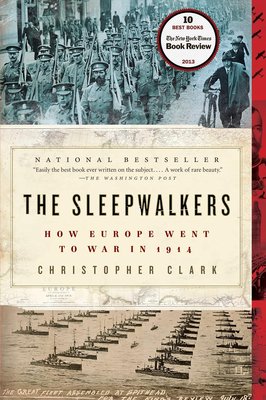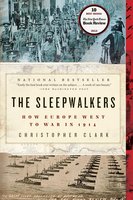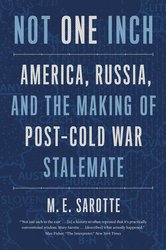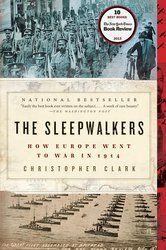As we enter the fourth week of Russia’s invasion of Ukraine, many of the possible pathways this conflict could take are terrifying. A military quagmire that leads to protracted death and suffering. A Russian takeover of Kyiv and installation of a puppet government. An accidental strike on Polish or Romanian territory that draws America and the rest of NATO into war. Or, perhaps worst of all, a series of escalations that culminates in nuclear exchange.
But one possibility carries a glimmer of hope. This week, Ukrainian and Russian negotiators began talks on a tentative peace plan — one that would involve Ukraine abandoning its attempts to join NATO and promising not to host foreign military bases or weaponry, in exchange for Western security guarantees and a Russian troop withdrawal. We’re still far from any kind of definitive settlement — and there are legitimate concerns over whether Putin would accept any kind of deal at this point — but it’s a start.
Emma Ashford is a senior fellow with the New American Engagement Initiative at the Scowcroft Center for Strategy and Security, and a member of the school of foreign policy thinking known as “realism.” Realists view international relations as a contest between states for power and security; they tend to focus less on the psychologies and ideologies of individual leaders and more on the strategic self-interest of the parties involved. It’s an imperfect framework but a useful one — especially when it comes to analyzing what it would take to achieve a successful negotiation or settlement.
So I invited Ashford on the show to help me think through the different trajectories the conflict could take — and what the West can do to make de-escalation more likely. We also discuss John Mearsheimer’s argument that the West’s effort to expand NATO bears responsibility for Putin’s invasion, why Ashford isn’t particularly worried about the possibility of Russian cyberattacks on the West, how Western sanctions blur the line between war and peace, whether NATO’s efforts to supply Ukraine with weapons might backfire, why sanctions might not hurt Russian elites as much as Western leaders hope and how this conflict is changing the geopolitical calculus of countries like Germany, China and India.
Book recommendations:
The Economic Weapon by Nicholas Mulder
Not One Inch by M.E. Sarotte
The Sleepwalkers by Christopher Clark
Thoughts? Guest suggestions? Email us at
[email protected].
You can find transcripts (posted midday) and more episodes of “The Ezra Klein Show” at nytimes.com/ezra-klein-podcast, and you can find Ezra on Twitter @ezraklein. Book recommendations from all our guests are listed at https://www.nytimes.com/article/ezra-klein-show-book-recs.
“The Ezra Klein Show” is produced by Annie Galvin, Jeff Geld and Rogé Karma; fact-checking by Michelle Harris, Mary Marge Locker and Kate Sinclair; original music by Isaac Jones; mixing by Jeff Geld; audience strategy by Shannon Busta. Our executive producer is Irene Noguchi. Special thanks to Kristin Lin and Kristina Samulewski.






